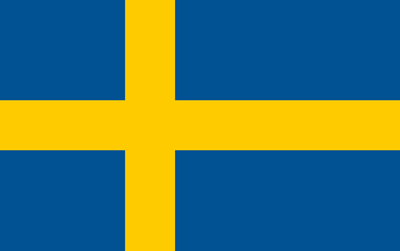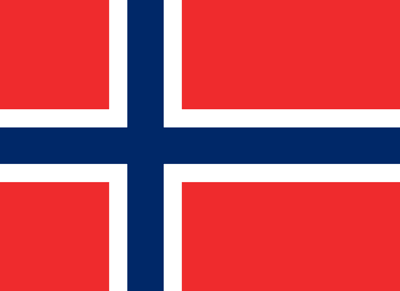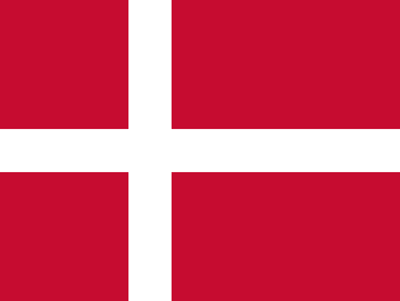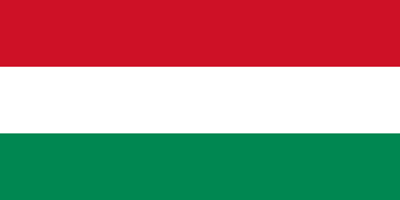Alexander Tyurin
Kazakh's Kingdom of Sentsov
1
They quickly moved away from the rest area like sparrows that had been pecking crumbs — Nikita Kelyarev suddenly pressed his protruding ear to the ground, listened for a moment, and said in a bored voice:
— They're galloping from the hill, they'll be here soon.
I, sitting as I was, jumped up over the low scorched grass. And on the hill between the stick trees, a dozen or so dark specks were already flickering. That’s Zegers with his Parvus Internationalist detachment. And I had hoped that after crossing, we would gain a day to dissolve into the mountains. There was even hope — he wouldn’t dare to cross the Afghan shore.
— Nikita, take off the reins. Don't pack the grey, he's already limping poor fellow. Let's move towards the Kyzylbash gorge.
And so the mountain road winds under me again, and the gusty wind whistles sharply, piercing my ears. I took the middle position in the chain. Kelyarev and Ilovaisky were galloping ahead, Pantaleev and Rittmeister Suzdalcev on a snoring stallion were bringing up the rear. And the old man who betrayed us, whom we met after crossing the Pyanj, still weighed on my mind. Kelyarev suggested immediately crossing him with a sabre, but I hesitated, the old man had frozen completely like a stone "baba." Sentimentality seems to be a bad thing.
Internationalists must not be allowed closer than half a verst, or they’ll cut us down with rifles — they have ten times more ammunition than we do. We’ve already checked the paths in the Kyzylbash gorge; we’ll pass quickly while Zegers and his Latvians and Estonians are scrambling over the cliffs. But will we be able to shake off the pursuers before the gorge? Though we rested from midday, the enemy’s horses are fresher. Ours, by now, have been on the march since Irgiz; the skin under the saddles is nearly rubbed to the bone.
The road beneath the hooves sways, and I feel as if I’ve frozen in the very middle of the universe. But then, the first shot rang out, and a chill ran down my spine.
— We need to split up, Your Excellency, — shouted Wachtmeister Pantaleev.
The horses slowed to a walk to cool off. We moved through a winding, long pass between rocks, almost dozing for an hour, when suddenly our mad courtier Suzdalcev perked up and waved his hand forward.
— THERE THEY ARE.
— I don’t see anyone, sir, — I politely replied.
— There they are, centurion. Black horses, grim-looking, stepping on long, reed-like legs, with small heads that can't contain their rage; the riders are pale-green, covered in cobwebs that bind them all together, and above the army, a tailed figure flies.
It's tough when a comrade loses his mind, and it’s impossible to prove it to him... And indeed, the sound of hoofbeats was heard.
— Everyone dismount. Sir Rittmeister, find a niche between the rocks, take the horses there, and brush them off with some grass so they don’t catch a cold. Kelyarev, go up the slope, take a position for firing, and focus your eyes on that turn. I trust your judgment.
We started scrambling quickly up the crumbling rocks, then hid behind larger boulders: Kelyarev was a few yards higher than me. Barely hidden, the sound of a horse squad clattered by. Not the Latvian internationalists, but Mohammedans with henna-dyed beards and black eyes. The most important ones were in front, as usual, creating a flashy display. Satin robes, white turbans; their horses’ tack, scabbards, and sabers decorated with ornate designs. They sparkled in the sun so brightly it hurt the eyes. Behind them, came others, less important but still impressive: small round shields, large curved sabers, and even steel breastplates adorned with niello and granulation. They had even forgotten about their English carbines. These were most likely the Badakhshan Afghans.
— Vashbrod, I think I’ve found a crack, maybe even an actual pass, — hissed Kelyarev, — should we slip through?
— And leave the Rittmeister for these fiends to eat? You bastard.
— I’m sorry, Your Excellency, I thought that our lunatic was of no use to us, but after your words, I realized I was wrong.
— Don’t think too much, or you’ll keep making mistakes.
Bilag 1 til Meddelelsen A) Forside for liste over tilknyttede personer i aktieselskabet LISTE OVER TILKNYTTEDE PERSONER Aktieselskabet "Central Suburb Passenger Company" (angivelse af det fulde navn på aktieselskabet) Emittentens kode: 1 1 2 5 2 - A For 1. halvår 2025 (angivelse af datoen, som listen over tilknyttede personer i aktieselskabet er udarbejdet) Emittentens adresse: 115054 Moskva, Paveletskiy Plads, d. 1 A (angivelse af adresse for det sted, hvor aktieselskabets permanente ledelsesorgan er beliggende)
Gutarens Ordbog: En Rejse Gennem Det Glemte Kosakiske Sprog
Kazakkens Rige: Sentsovs Krøniker
Oversigt over hovedindikatorer i den offentlige rapport for den kommunale folkeskole MBOU SOSh i Starokaypanovo for skoleåret 2015-2016

 Deutsch
Deutsch
 Francais
Francais
 Nederlands
Nederlands
 Svenska
Svenska
 Norsk
Norsk
 Dansk
Dansk
 Suomi
Suomi
 Espanol
Espanol
 Italiano
Italiano
 Portugues
Portugues
 Magyar
Magyar
 Polski
Polski
 Cestina
Cestina
 Русский
Русский